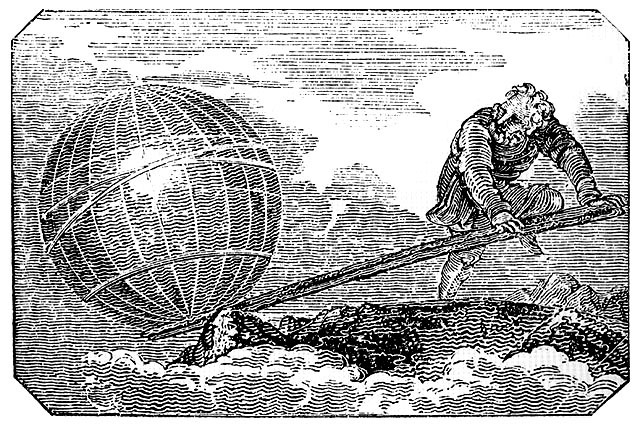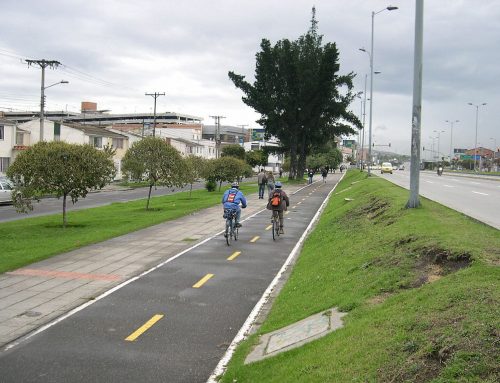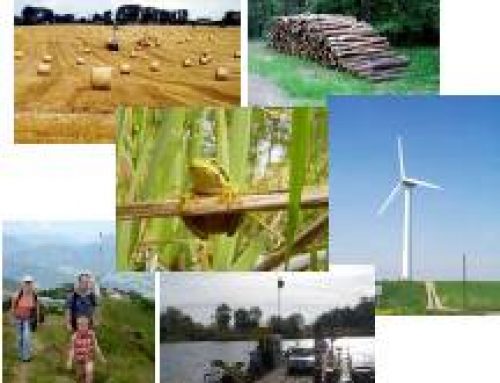Addressing the Anthropocene’s large-scale, complex challenges – beyond reductionist problem solving
The Blindspot Think Tank, based in England, aims to develop solutions informed by system-change opportunities that are widely overlooked. One of their projects is ‘Planet levers’: a problem-solving method and ready-to-use policy options designed to match the complexity, scale and speed of today’s problems (http://blindspot.org.uk/projects/#planetlevers). They suggest that breaking big problems into pieces has become the standard approach, even though this has never worked for the world’s largest problems. The challenge now is how to create effective change on a scale of ambition that can be difficult to even imagine. Planet levers works with high-leverage policy solutions to reverse damaging system dynamics across a range of issues.
An example of a planet lever is the switch from today’s take-make-waste linear economy to a circular economy, where used resources end up again as resources for nature or people. Climate change, ocean pollution and unrepairable gadgets are all symptoms of today’s destructive linear economy. The alternative has been promoted for at least 50 years without actually happening, due to the relentless focus on gradual change in limited areas. Yet if we remember to design not just better products and better business models but also better economics, then markets could be harnessed to quickly solve the problems they previously caused. BlindSpot has published the world’s first proposal for circular economics, which is now highlighted as a “big idea” in an international review of best practice options for governments (http://www.govsgocircular.com/cases/extending-producer-responsibility-with-precycling-premiums/ )
“Critical ecological, social and economic risks could still be reversed if we act now.”



